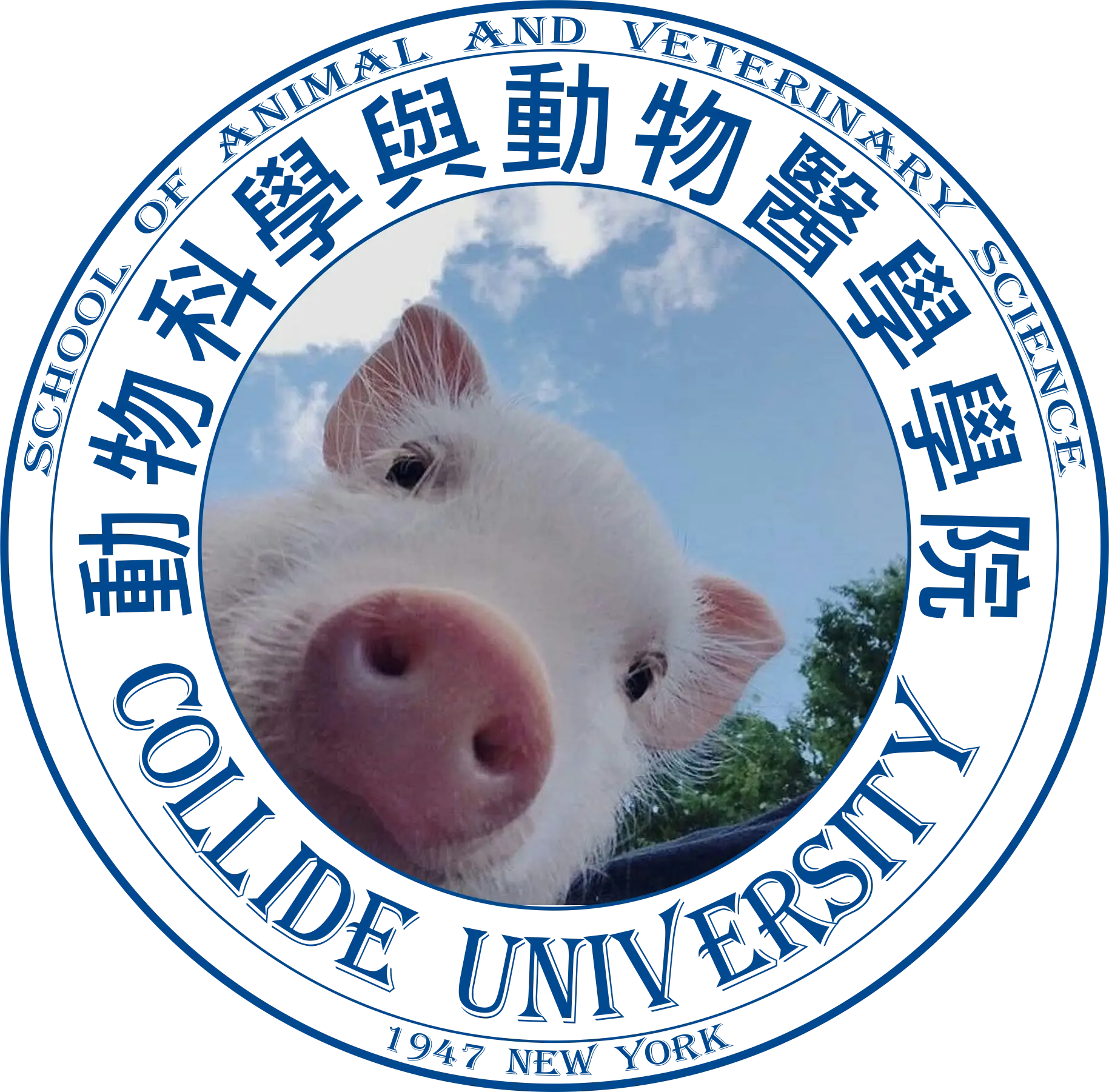近授影視聲音創作,提及
Original Text by Chang Jian
竹徑通幽處,禪房花木深。
山光悅鳥性,潭影空人心。
萬籟此俱寂,惟餘鐘磬音。
頷聯有作「曲徑」,有作「竹徑」,於詩意理解影響不大;尾聯有作「惟餘」,有作「惟聞」,於詩意理解至關重要。
Translation by Lu Pei-Xian
目前所見資料,大多採用
The rising sun gilding the green wood tall.
A winding path leads to a calm retreat,
And deep the greenery round the Buddah hall.
The birds are galddened by the mountain light,
Shaded pools bring my heart to peaceful climes.
All fretful stirrings of the world now hushed,
I only hear deep bells and tingling chimes.In the Rear Buddah Hall of the Broken Hill Temple
Translation by Ye Yang
The rising sun was shining on the tall woods.
A path through bamboos led to the quiet place,
At the Buddhist lodge, lush were flowers and trees.
Scenes in the hills cheered up the birds,
Reflections in the pool cleared up human mind.
All around there, the world was so quiet, Only the ringing of the bells lingered.Written on the Wall of a Buddhist Lodge behind the Broken Hill Temple
Translation by Sun Da-Yu
The first beams of the rising sun shone on trees tall.
Winding paths led to covert, secluded groves
Where lush thicket and flowers enclosed th’dhyana hall.
The rare aura of the mount pleased the nature of the birds,
Images in rock pit pools freed one’s mind’s ups and downs.
All the hubbubs of man were hushed as by a spell:
There was nothing left but the bell’s and qing’s clangs.On the Rear Dhyana Hall of Po Shan Bonzary
Translation by Witter Bynner
Where early sunlight points the tree-tops,
My path has wound, through a sheltered hollow
Of boughs and flowers, to a Buddhist retreat.
Here birds are alive with mountain-light,
And the mind of man touches peace in a pool,
And a thousand sounds are quieted
By the breathing of a temple-bell.A Buddhist Retreat behind Broken-Mountain Temple
Translation by Giles A. H.
Giles(即
The rising sun tips its tall trees with gold,
As, darkly, by a winding path I reach
Dhyana’s hall, hidden midst fir and beech.
Around these hills sweet birds their pleasure take,
Man’s heart as free from shadows as this lake;
Here worldly sounds are hushed, as by a spell,
Save for the booming of the altar bell.DHYÂNA
看到他的譯文,心中舒一口氣,「吾道不孤」,世界上還是有人不以首聯「清晨」爲時間狀語的——這或許與本詩「有我」、「無我」之境無關。首聯「清晨」他視作主語譯爲 clear(清)dawn(晨)。不過,與Bynner類似,
Translation by Fletcher, W. J. B.
Peers above the pines,
On the ancient temple Early daylight shines.
To retirement guiding
Leads the winding way:
Round the Cell of Silence Flowers and Foliage stray.
Hark! the birds rejoicing
In the mountain light!
Like one’s dim reflection
On a pool at night
Lo! the heart is melted Wav’ring out of sight.
All is hushed to silence.
Harmony is still.
The bell’s low chime alone Whispers round the hill.The Hall of Silence
不過,與前面幾人不同,他理解
Conclusion
前引英譯六種,三華人三洋人。翻譯風格或有差別,首聯並非要對仗,但「清晨」確存在兩種不同解讀。課上斥諸生白話還原「清晨我走進古寺」爲非,但考察英譯六種之轉換,此種解讀似爲中外「主流」。至寫作此文時,尚未在國人文獻中發現視「清晨」爲「主語」的。
不過,就此詩體制、
回到文初所言,若把此詩意境攝製視頻短片,不應放一個人進入畫面扮演詩人。此詩鏡頭不是詩人的眼睛,鏡頭是造化本身!
The article was recently updated on Monday, October 23, 2023, 13:36:37 by
